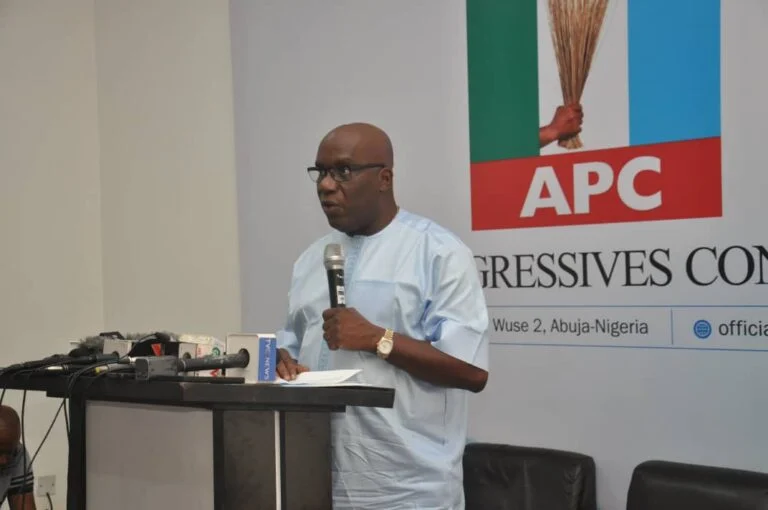Chukwumeme Onwuamadike who is popularly known as Evans has revealed that he would not have been arrested if his charms had not failed him at the last minute.
The billionaire kidnapper whose arrest sparked public commendation for the gallant work of the police said he didn’t know what went wrong with his charm that made it possible for the police to apprehend him.
According to New Telegraph, Evans said his juju man was a traditional ruler in Anambra who had assured that he would never be apprehended.
He said: “The native doctor resides in Nnewi, Anambra State. “He is a traditional ruler. After police busted our Igando hideout, he told me to have no fear.
He said nothing would happen. He told me that nobody would be able to catch or arrest me.
I believed him. I don’t know what went wrong.”
Report says huge sums of money in foreign currencies (Dollar, Pound and Euro) were recovered in Evans house.
The money was said to have been kept in white envelopes and concealed in white plastics in various parts of the house.
It was gathered that Evans is being kept in the same cell with those considered as hardened criminals, hence he wants to seize every opportunity to be out of the cell, leading to more confessions daily.
Evans, it was gathered, has yet to come to terms with his ordeal.
The kingpin, who was arrested last Saturday at his 3, Fred Shoboyede Street, Magodo, Lagos home, is being kept in a maximum security cell with “common criminals”.
Recall that Nigeria Police on Sunday afternoon paraded the man regarded as Nigeria’s richest kidnapper and his deadly gang.
Jimoh Moshood, Force spokesman in a statement, revealed how they seized their victims, kept them and demanded for ransom.
He also gave timelines of some of the gang’s activities and how they made a staggering $5million dollars from 4 victims, aside other millions of Naira.
In police cell, Evans has been crying profusely and has also made more revelations to interrogators.
Evans disclosed that he has two other detention camps in Lagos.
He was also said to have confessed that he started off as an armed robber in Sokoto State.
“He has been weeping uncontrollably because he is in a cell with common poor criminals despite all the wealth and mansions he owned”, a police source told Nation.
“He has started talking. He has given us locations of other detention camps he had in Lagos.
“Aside Igando, he had two others and detectives would visit the place. He also said that his very first robbery was in Sokoto State and that they killed the victim.
“He is still being interrogated and more details would come out after the camps have been visited.”
Meanwhile, his Nnewi people in Anambra are still angry over the terror he unleashed on wealthy indigenes, as his victims were mostly from the state.
His second in command, Felix Chinemerem, a native of Amanagu in Abia State, was also declared wanted in 2014, after his criminal activities led to the killing of many innocent people.
Chinemerem took part in the kidnap of a prominent Nigerian, which prompted policemen to storm the community and allegedly shot randomly, killing villagers.

 BIG STORY3 days ago
BIG STORY3 days ago
 BIG STORY4 days ago
BIG STORY4 days ago
 BIG STORY4 days ago
BIG STORY4 days ago
 BIG STORY4 days ago
BIG STORY4 days ago
 BIG STORY2 days ago
BIG STORY2 days ago
 BIG STORY3 days ago
BIG STORY3 days ago
 BIG STORY3 days ago
BIG STORY3 days ago
 BIG STORY4 days ago
BIG STORY4 days ago




























